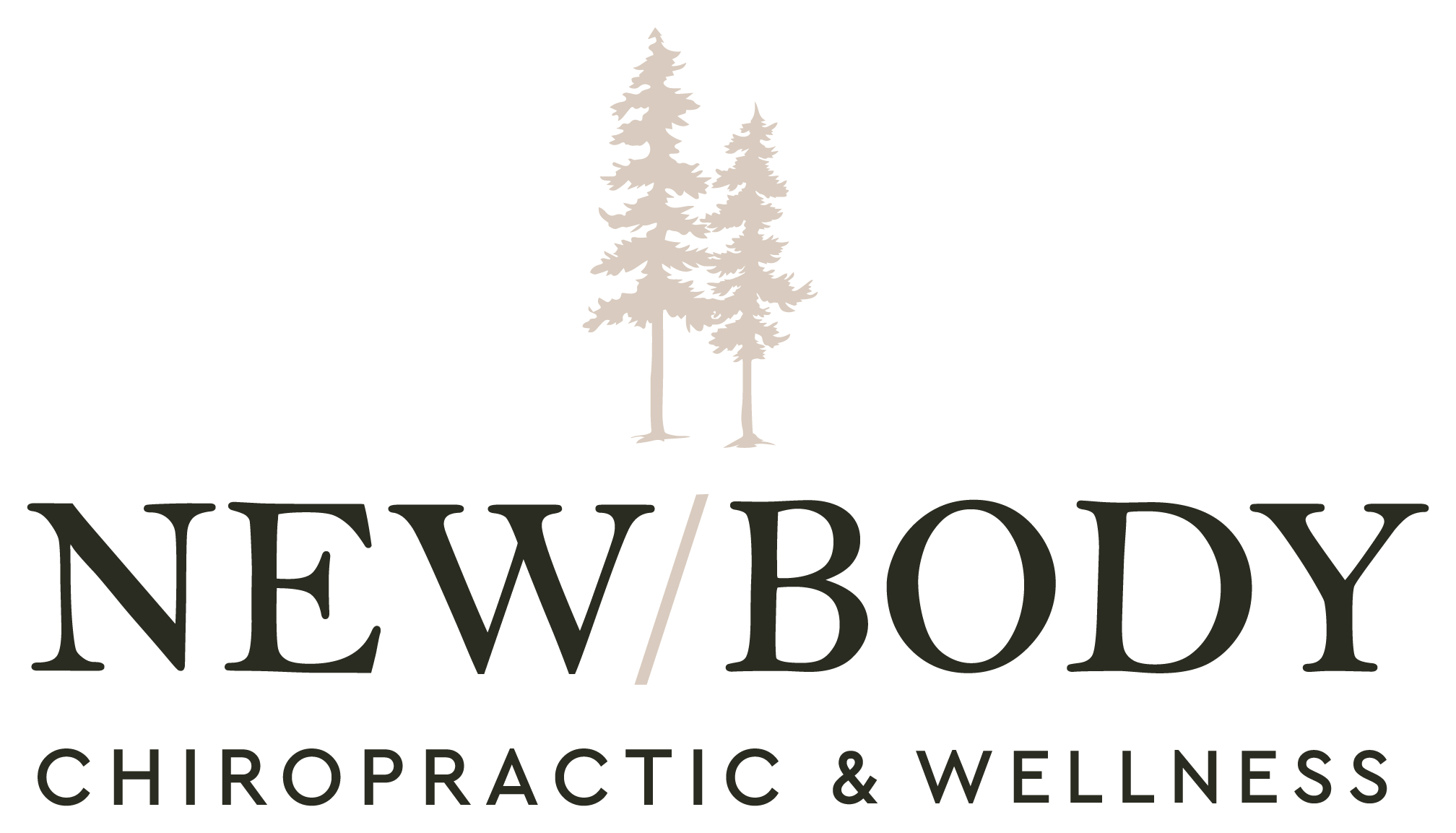Dr. Kenney’s Friday 5 Spot
On Fridays I like to share experiences I’ve had during the week with patients and in my personal life that I’ve found significant. I share these in the hope that you might find value in them and have something that resonates with you in your life.
Something I find effective. Most people that know me would consider me a “health nut” because I’m very conscious of what I put into my body. Does that mean that doughnuts don’t look, smell, or taste great to me? Of course not, and the same would be true for many different types of decadent foods. The reason I don’t eat those things is not because I’m immune to their appeal or how great they’d taste in the moment. Instead, I ignore them because of how they’d make me feel later. I believe this same premise can (and should) be applied to other aspects of life as well.
At this point in life, I am a solid and reliable man. However, I’ve done enough stupid things in the past to sink a battleship. Some of those poor decisions were inexperience and immaturity, but many transpired by focusing on the immediate feelings they would produce. Fun, pleasure, escapism, pleasing others, etc. all paved the way to do things that felt great one moment and horrible thereafter. After enough years of that chaos, I made changes. My mindset now for any decision is to look past the short-term feelings and ask myself how well that choice would age. If I’ll be proud of it later, I move forward but if not, I don’t. This may sound overly simplistic but it’s one of my best defenses against making the sort of decisions that can derail a person in life.
An analogy I like. In track and field, I participated in decathlons multiple times. As most know, this is a ten-event competition held over two days involving running (sprints, hurdles, and a 1-mile run), jumping, and throwing. As a state champion in the triple jump and one of the better hurdlers, I could build up huge scores in most events involving my feet. However, when you put a discus or a shot-put in my hand, it wasn’t pretty. To become more successful in these competitions, I employed a basic strategy. The goal was to triple down on my strengths but also work hard to improve my weaknesses. While this makes intuitive sense in an athletic setting, most people ignore this important principle in life.
There is nothing wrong with relying on the talents and gifts that come easiest to us. In fact, it’s the perfect place to start. However, this often causes us to avoid anything else that doesn’t come easy or brings us out of comfort zone. My viewpoint is to try and maximize what I’m good at because it will obviously make me more successful and productive. At the same time, if I can work hard to transform some of my shortcomings even to a passable level, I’ll be that much more effective. Have the sense to use whatever your gifts may be but also the courage to compliment them by addressing any weaknesses you may uncover.
An important concept. When I visit different businesses, I like to observe how the employees work and interact with one another. Sometimes I notice hard work, attention to detail, calmness under pressure, signs of leadership, or other positive qualities. Other times, laziness, standing around, and getting frazzled when the business gets busy are obvious. This exercise is enough to where I feel confident I could hire the right employees for any business just by observing them in another line of work.
The interesting part of this whole thing is that people are constantly observing us in this same fashion. When we lack energy, motivation, discipline, and/or act as if we do not care; people will not expect us to be capable of helping them or being successful. Conversely, when we are stable, hard-working, upbeat, and have a desire to solve problems, people will instinctively expect good things from us. Give thought to how you may be perceived as an employee, friend, parent, and more based upon your habits and interactions. What would most people infer about you if they were to observe you in those roles? If you think it would be good, keep it up. If not, begin making changes.
Something I believe. The term “self-made” is used to describe someone that worked hard to become successful without anything being handed to them. Often it involves starting a business and growing it to great heights while producing financial achievement along the way. However, when is the last time you heard “self-made” when referring to someone that was not successful, productive, or doing well? My belief is that good or bad, we are all “self-made.”
Each one of us will end up with certain strengths, weaknesses, good breaks, bad luck, and everything else imaginable. Some may start in better or worse situations, but it is up to us to do the best with whatever comes our way. Those that complain often, blame other people and circumstances, and believe they lack any ability to do better things will make themselves into less happy and less successful people. Those that are optimistic, resourceful, and take ownership over their actions have a better opportunity to make themselves into something greater. We are all “self-made” so pay careful attention to what your work ethic, habits, and attitude are building you towards.
Some quotes I Love.
“Integrity matters more than image.”
“Strength and growth come only through continuous effort and struggle.” — Napoleon Hill.




